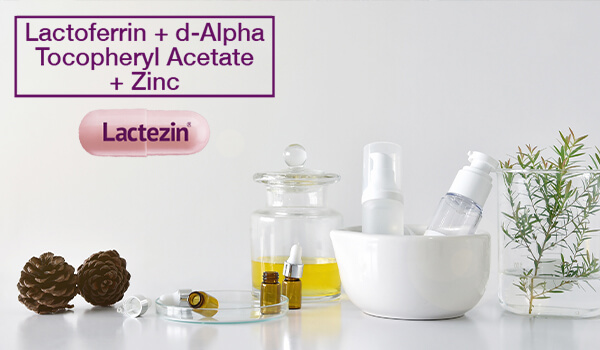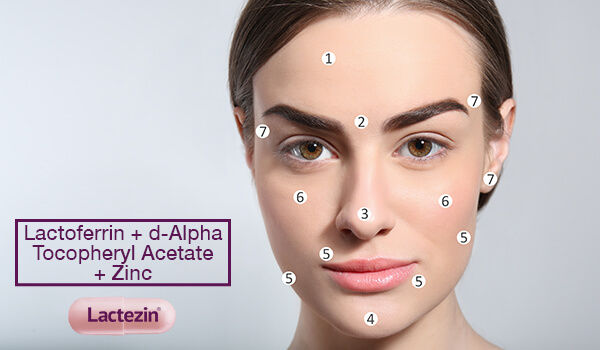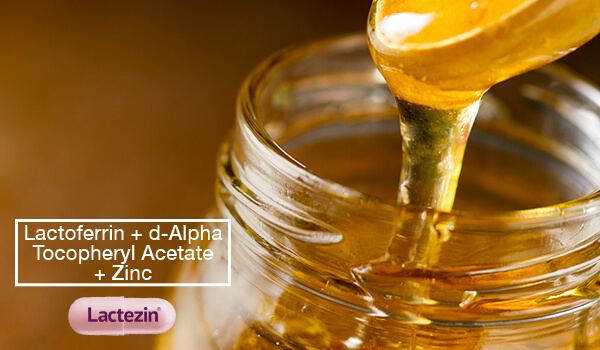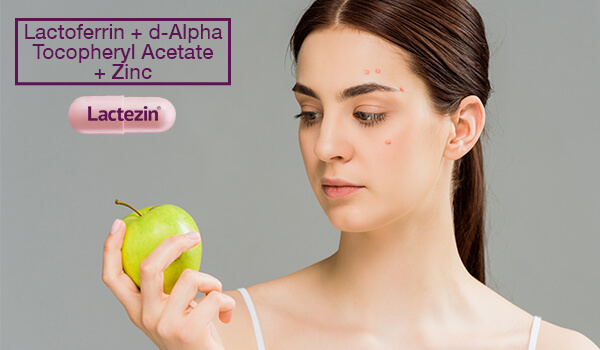Pimple Cures: Products To Stay Away From When Treating Breakouts

You may have heard of popular remedies for acne but a word of caution: not all pimple cures deliver.
Products to avoid when treating pimples
If you’re prone to breakouts, you probably have an arsenal of products to treat them. Some of them may even be in your kitchen pantry. However, all are actually helpful and may even make your acne worse.
Here is a rundown of popular acne treatments and ingredients you may need to be wary of:
Toothpaste
You probably got this tip from your mother or an older relative and they’ll swear up and down that this worked for them when they broke out as teens. But while it may work for individual pimples, toothpaste isn’t really going to clear a case of acne.
The origin of the toothpaste remedy? Many toothpaste variants once contained triclosan, which was meant to kill bacteria, which is a source of bad breath. Triclosan was also an ingredient in some acne treatment products. However, in 2017, the U.S. Food and Drug Administration issued a ruling that triclosan, along with some other commonly used antiseptic products, were “not generally recognized as safe and effective.”
It’s also important to know that toothpaste also contains other ingredients that can irritate the skin when left on for long periods of time. So why would you want to irritate an already inflamed pimple? Better to skip the toothpaste and use a spot treatment instead.
DIY or Kitchen remedies
At some point during your acne care research, you may have found yourself on Pinterest, browsing recipes for homemade skincare products that promise to clear up your skin. Admittedly, they do look easy to make, with most of the ingredients readily available in your pantry. But while whipping up your own homemade skincare products looks fun, the secret to acne-free skin may not be right in your own kitchen.
That’s not to say these handmade skincare masks and treatments have no benefits. They can make your skin feel softer, and they’re an inexpensive way to pamper yourself. Just exercise caution especially when these home remedies call for lemon, cinnamon, or garlic cloves. These products are generally unsafe and can cause contact dermatitis when applied to the skin. If anything stings or burns upon application, rinse it off right away.
Exfoliating beads
Exfoliating, or the process of sloughing off dead skin cells at the top layer of the skin, is an important step in acne skincare. It can also feel very satisfying, using a scrub to get rid of all that dead skin. But again, be cautious. Rather than gently sloughing away dead skin cells, harsh scrubs may actually be a culprit behind acne and irritation.
Whether your product has microbeads or natural alternatives such as salt, sugar, or walnut, it’s best to exercise caution when using them. Harsh scrubs are generally bad for acne because they inflame the skin, making the condition worse and more protracted. And while skin feels smooth to touch immediately after scrubbing, you may not realize that your skin already has micro-tears, which gradually weaken skin’s barrier, making skin more prone to dry, flaky patches, redness, and signs of sensitivity.
Fragrance
The smell of citrus or your favorite scent may be relaxing or comforting but you should generally avoid using scented skincare products on your face. Fragrances and perfumes are found in many over-the-counter washes, scrubs, and moisturizers geared toward acne-prone skin. However, these products may be causing your acne or making them worse.
When shopping for products, be wary of labels indicating “fragrance,” “parfum,” or ” “perfume” anywhere on the ingredient list. If your face feels itchy throughout the day, opt to add unscented products to your skincare routine.
Coconut oil
While it’s undeniable that this wonder oil has a lot of health benefits, treating acne is not one of them. While coconut does have moisturizing and antibacterial properties, it may not be the right product to treat acne. Coconut oil is highly comedogenic, which means it can clog your pores. It may also actually make acne worse for some people. Basically, it may have a place in your treatment regimen as a moisturizer or a makeup remover, but it’s definitely not a miracle cure-all.
Alcohol
Not all alcohol in skincare is bad but there are certain types that can irritate the skin and worsen acne. Check the ingredients list for SD Alcohol 40, Denatured Alcohol, Ethanol, and Isopropyl Alcohol. When used in toners and exfoliating products which are applied on the entire face, these specific forms of alcohol can dry out and irritate your skin.
“Not all pimple cures deliver”
Now that you know what to steer clear of, you may be interested in learning about ingredients that can help fight acne.
Lactoferrin, Vitamin E and Zinc for treating acne
If the usual treatments aren’t giving you the results you want, consider this combination of some of the best acne-fighting ingredients, namely Lactoferrin, Vitamin E, and Zinc. These three natural and powerful acne-fighting ingredients can be found in Lactezin®. Based on clinical studies, taking it properly may reduce acne, whiteheads, and blackheads by up to 49% in as early as 2 weeks with further reduction up to 94% observed up to the 12th week with continuous usage. Learn more about Lactezin here.
If symptoms persist, consult your doctor.
ASC Ref No. U076P031521LS


